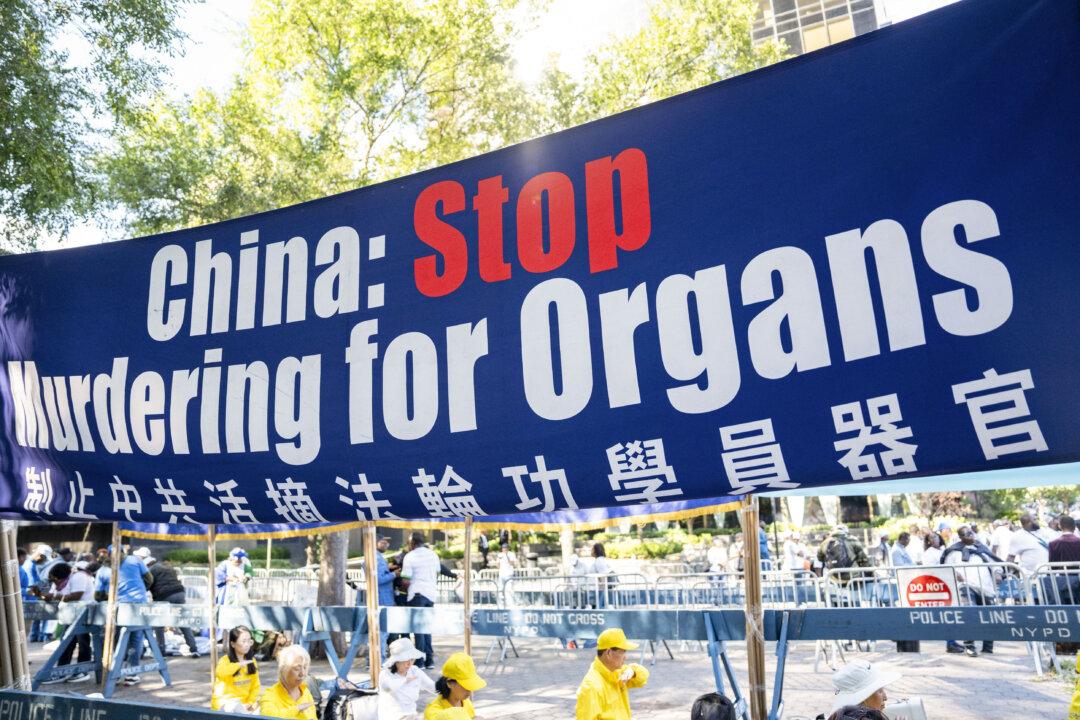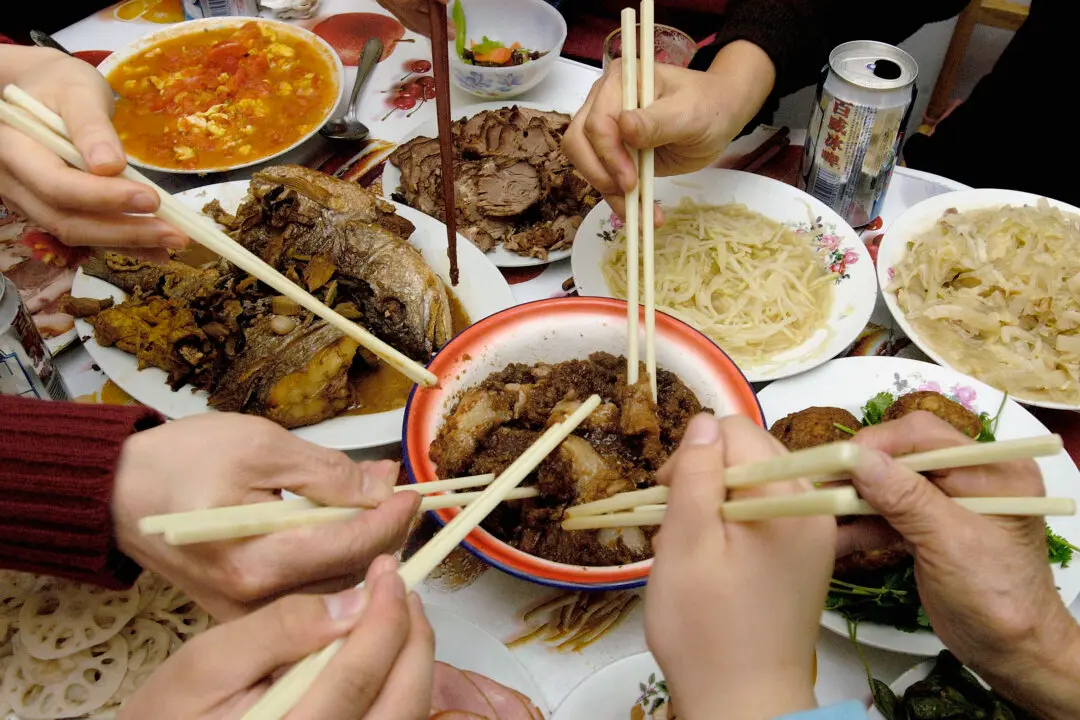In a statement, IPAC said its members condemn “the abhorrent practice” of China’s state-sanctioned organ harvesting and trafficking. They vowed to champion “legislation designed to eradicate this practice and to prevent complicity by individuals, institutions, or governments,” including a ban on transplant tourism, sanctions against perpetrators, transparency regarding transplants, and restrictions on cooperation in transplantation medicine.
Forced organ harvesting in China is the state-sanctioned extraction of organs by force, mostly from prisoners of conscience, for transplantation purposes.
Although witness testimonies suggest that the practice has existed in China since the 1990s, its scale ballooned after the turn of the century, correlating closely with the regime’s persecution of Falun Gong, or Falun Dafa, a spiritual discipline based on the principles of truthfulness, compassion, and tolerance.
First introduced to the public in China in 1992, the practice quickly spread by word of mouth to reach an estimated 70 million to 100 million practitioners by 1999, when the Chinese Communist Party (CCP) began a brutal campaign to eradicate the spiritual group.
Investigators and campaigners say the mass incarceration of Falun Gong practitioners, as well as their healthy lifestyle, made them a perfect “donor” pool for what was soon to be the CCP’s $1 billion on-demand transplant industry.
Since then, investigators have also found evidence that the Uyghur people and other ethnic minority groups have been subjected to organ harvesting.
In recent years, lawmakers from several legislatures have taken steps to stop their citizens from traveling to China to receive organ transplants.
In 2022, the UK passed legislation banning residents from buying, selling, or facilitating transactions of human organs anywhere in the world.
Taiwan
IPAC, which consists of lawmakers from 44 legislatures, also reaffirmed its opposition to any unilateral change to the status quo across the Taiwan Strait.Activities that amount to violations of the status quo include “preventing Taiwan exercising independent governance, controlling its borders (including territorial waters), maintaining a functioning economy, or securing its society from malign political interference,” according to the statement.
Sabotaging Taiwan’s international relations or forcing Taiwan into a political settlement without its citizens’ consent will also be seen as violations of the status quo, and should be met with “a proportionate international response,” IPAC stated.
Taiwan’s official name, the Republic of China, was the name of mainland China until 1949, when the Nationalists lost the civil war to the communists and withdrew to the island of Taiwan.
The CCP has never ruled Taiwan, but it views the self-ruled island as part of its territory and has vowed to annex it, possibly by force.
The regime has sent warships and planes around the island, sabotaged Taiwan’s diplomatic relations, and blocked its participation in international organizations. Beijing has stated that the world should follow its “One China Principle,” which claims that the communist regime is the only legitimate government on both sides of the Taiwan Strait.
IPAC stated that its members will also focus on reducing dependencies on China’s critical raw materials, urging Beijing to abide by international law in the South China Sea, and supporting the Tibetan people’s rights to “preserve their distinct cultural, religious, linguistic and national identity.”







